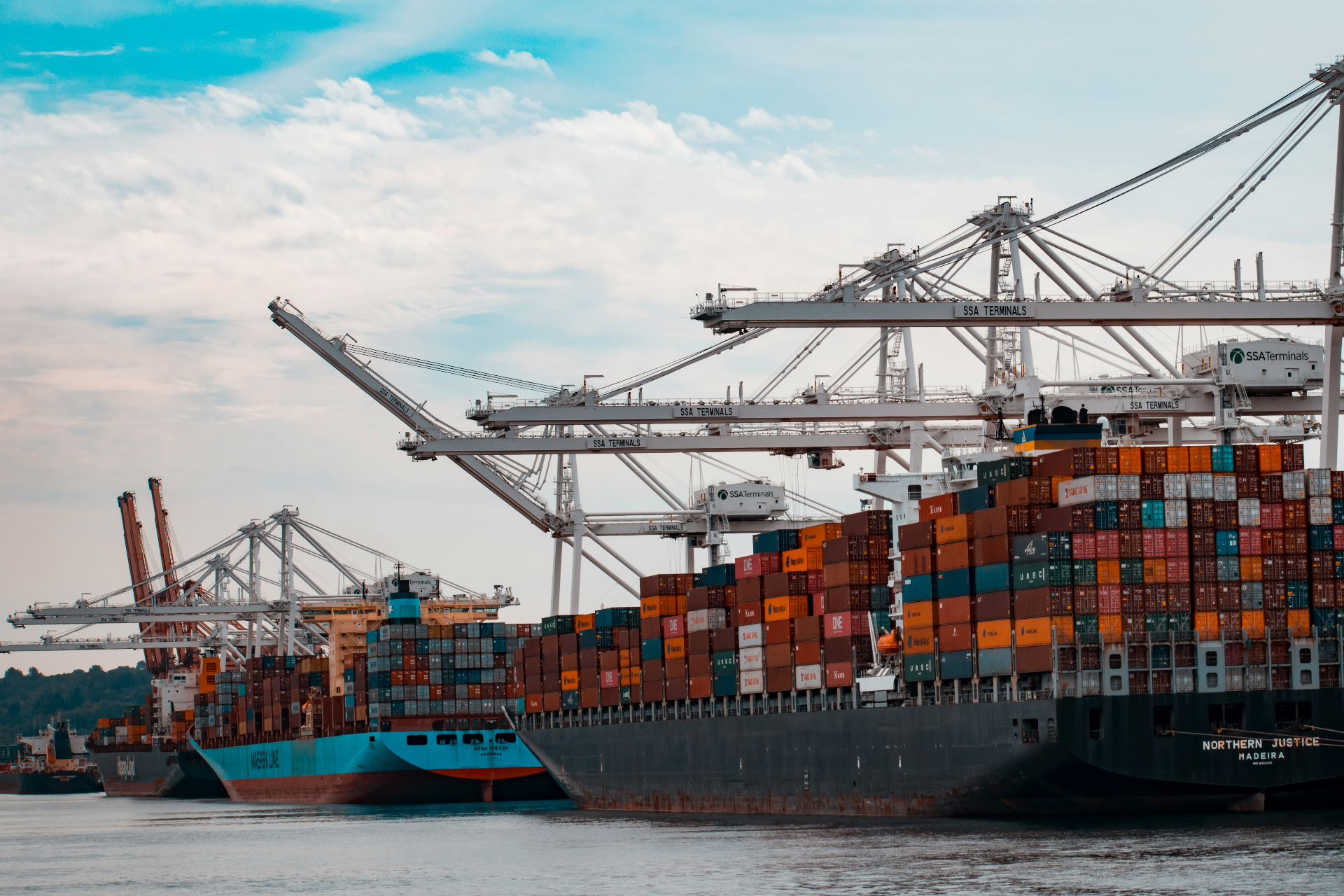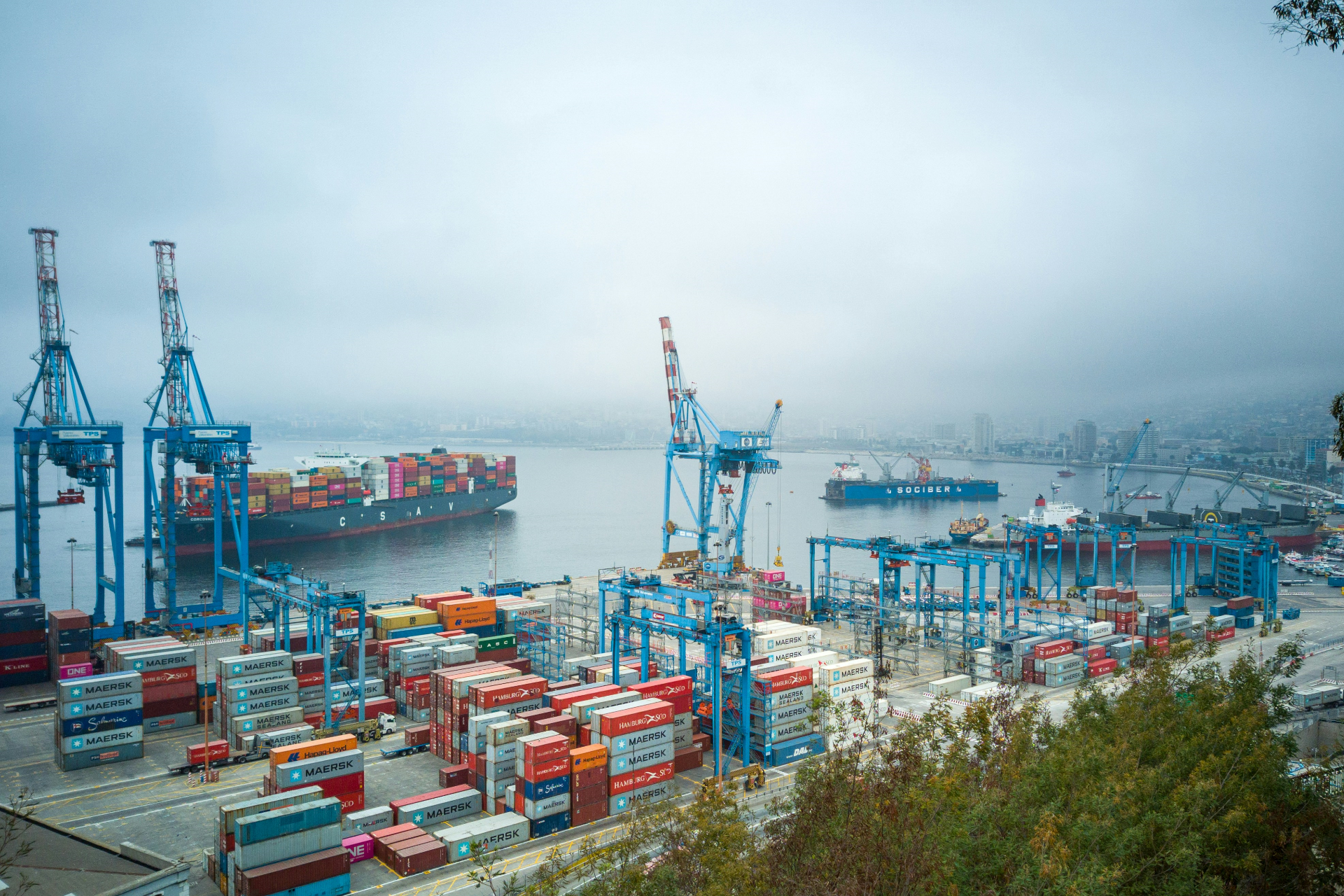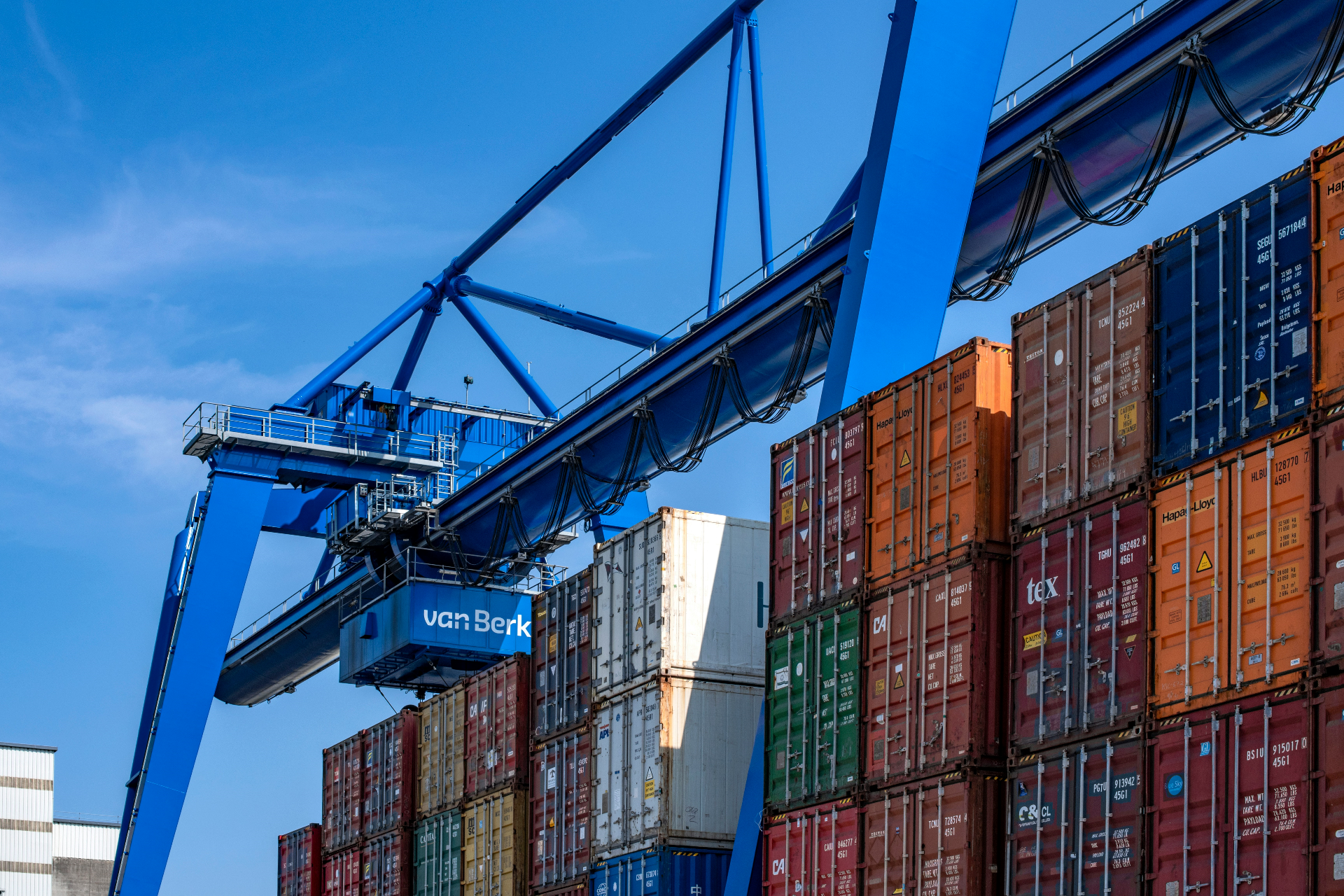Export financing and insurance are crucial for managing cash flow and mitigating risks in international trade. Financing options include bank loans, government-backed financing, trade finance instruments, and equity financing. Insurance solutions include export credit insurance, political risk insurance, and cargo insurance. These measures support businesses in navigating the financial complexities of exporting.
Export financing and insurance are critical components of a successful international business strategy. Exporting businesses often require additional funding to support their overseas operations, while insurance is essential to mitigate potential risks.
In terms of financing, numerous options are available depending on the business's needs and financial position. Commercial banks often offer export loans, overdrafts, and lines of credit. These funds can be used to finance the production of goods, manage cash flow, or extend credit to overseas customers.
Another source of export financing is government agencies or export-import banks. These institutions often provide loans, guarantees, and insurance specifically designed to support export activities. They may also offer more favorable terms than commercial banks, especially for businesses exporting to high-risk markets.
Trade finance instruments such as letters of credit, documentary collections, and factoring can also help manage payment risks and improve cash flow. These instruments involve a third party – usually a bank – which guarantees payment to the exporter upon meeting specified conditions.
Moreover, businesses can explore equity financing, where they raise capital by selling shares in the business. This might be suitable for businesses with high growth potential, seeking to finance major export projects or expansion.
When it comes to mitigating export risks, export credit insurance is a common solution. This insurance covers the risk of non-payment by overseas customers due to insolvency, protracted default, or political events. Some insurers also cover risks related to currency fluctuations, transport disruptions, or contract termination.
Another form of insurance is political risk insurance, which covers losses arising from political events such as expropriation, political violence, or currency inconvertibility. This type of insurance is particularly relevant for businesses exporting to politically unstable regions.
Businesses should also consider cargo insurance to cover the risk of physical loss or damage to goods during transit. This insurance typically covers a range of risks, including natural disasters, theft, or mishandling.
In essence, securing adequate export financing and insurance is crucial for businesses to manage cash flow, mitigate risks, and ensure the smooth operation of their international activities. With careful planning, businesses can navigate the financial complexities of exporting and thrive in the global marketplace.
Related Information



















































